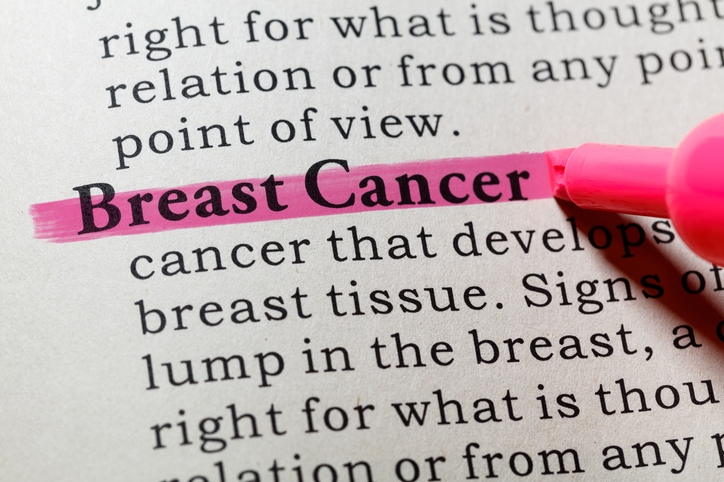
Breast cancer (BC) survivors undergoing implantable electrical device (CIED) placement have a higher risk of periprocedural complications compared to the people in the general population, according to a study presented at AHA 2024.
“Several BC treatments increase the risk of conduction abnormalities and heart failure, potentially requiring cardiac (CIEDs). Due to vascular access devices, surgical management, and chest wall radiation, these patients are subject to upper extremity vascular alterations,” the researchers noted.
This was a retrospective study of CIEDs placed at our institution between 2005 and 2023. Patients with a diagnosis of BC prior to time of placement were included. Complications included those within 30 days of the procedure.
In this retrospective study, researchers assessed 109 female patients who received pacemaker (PPM, 58.7%), cardiac resynchronization therapy defibrillator (CRT-D, 22%), implantable cardioverter defibrillator (ICD, 16.5%), or cardiac resynchronization therapy pacemaker (CRT-P, 2.8%) between 2005 and 2023. The entire population had a diagnosis of BC prior to time of placement.
The findings showed that in patients with unilateral BC, most devices (78.4%) were placed contralaterally, with 32% of all devices being right sided. Complications were observed in 11% and included hematoma, lead revision, upper extremity DVT, pericardial effusion, stress cardiomyopathy, perforation, site infection, and worsening of chronic lymphedema.
“Further studies are required to understand the long-term outcomes of CIED placement in this cohort of patients,” the researchers concluded.
Reference
Keller E, Noteware L, Accordino A, et al. Incidence and Characteristics of Peri-Procedural Complications of Cardiac Implantable Electrical Devices in Breast Cancer Survivors. Abstract #Su4063. Presented at the American Heart Association Scientific Sessions 2024; November 16-18, Chicago, Illinois.

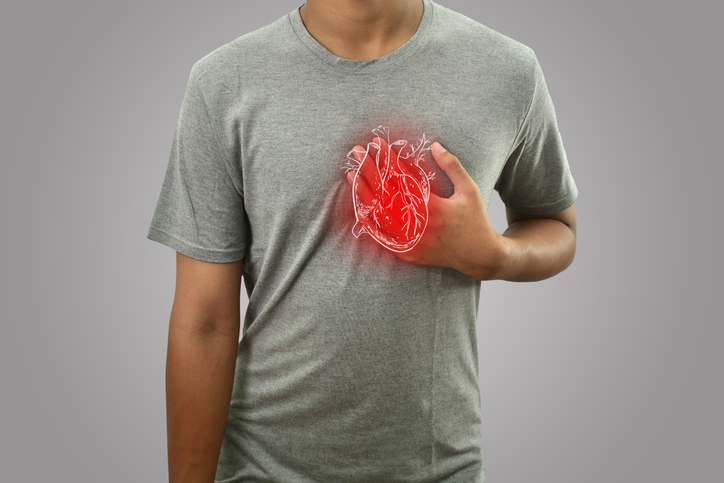
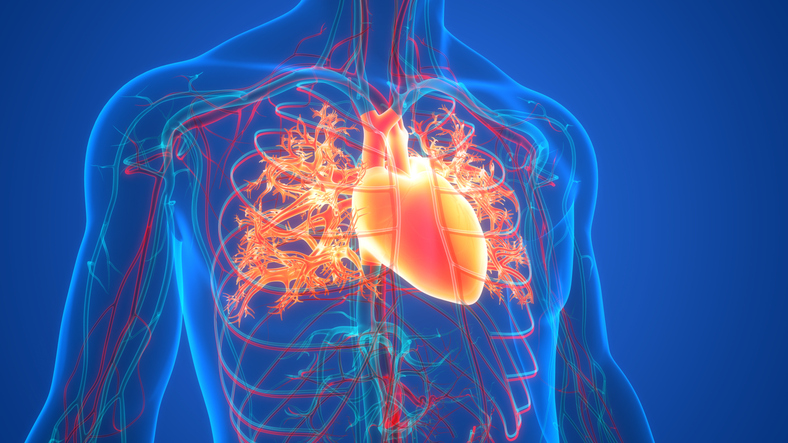
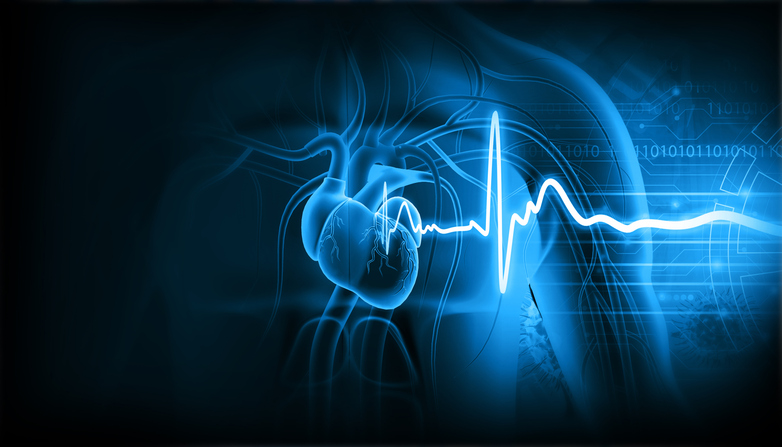
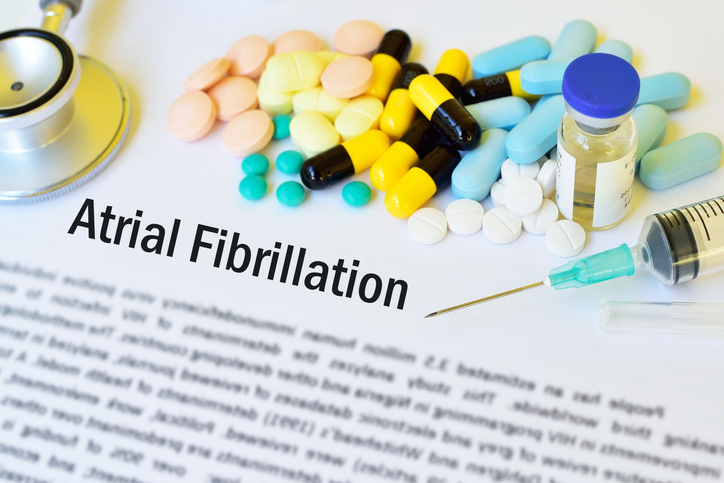
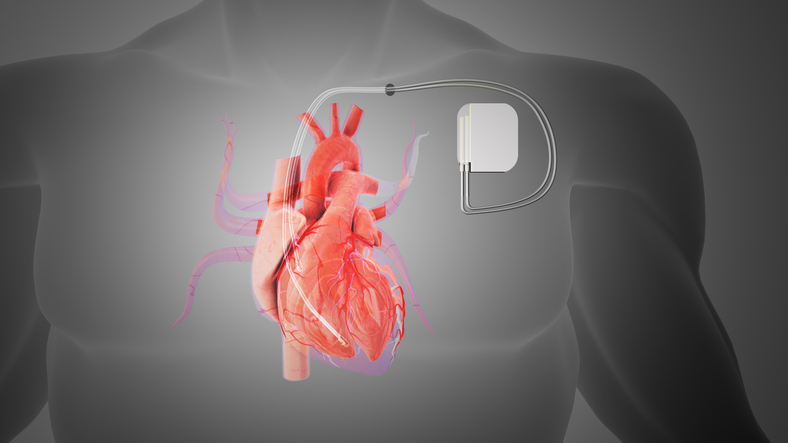

 © 2025 Mashup Media, LLC, a Formedics Property. All Rights Reserved.
© 2025 Mashup Media, LLC, a Formedics Property. All Rights Reserved.